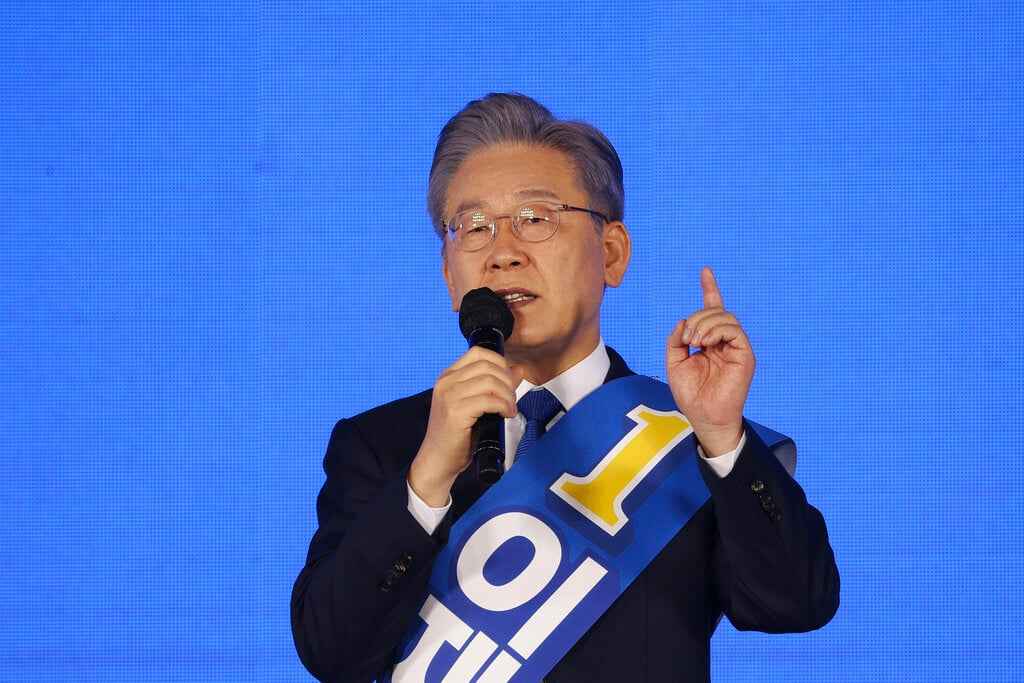
South Korea’s President Proposes Legal Framework for Stablecoins
Lee Jae-myung, South Korea's newly elected President, has introduced a bill to allow local companies to issue stablecoins, marking a significant step in the country's crypto regulation.
South Korea’s newly elected President, Lee Jae-myung, has proposed the Digital Asset Basic Act. This new legislation will enable local companies to issue stablecoins.
Lee, recognized as a progressive leader, swiftly moves to fulfill promises made during his campaign. Notably, he also advocated for the legalization of exchange-traded funds (ETFs) focused on cryptocurrencies. Both he and his conservative rival, Kim Moon-soo, endorsed pro-crypto policies during their campaigns.
Min Byeong-deok, a lawmaker, introduced the bill in a press conference on June 10, 2025, stating, “Today, I would like to present a significant turning point for the future of digital finance in the Republic of Korea and to represent the basic law on digital assets.”
“Digital assets are no longer an experimental means,” he continued. “Blockchain and artificial intelligence technology are already a key link between the global capital market and the established real economy infrastructure.”
The South Korean National Assembly’s introduction of the Basic Act on Digital Assets, which includes provisions on stablecoin issuance, marks a significant milestone in the country’s regulation of the cryptocurrency space.
Criteria Stablecoin Issuers Need To Meet
Under the proposed bill, issuers of stablecoins must secure approval from the Financial Services Commission (FSC) and fulfill various eligibility criteria, including:
- Being a corporation registered in South Korea.
- Holding a minimum capital of KRW 500 million (~$350,000), with specifics defined by Presidential Decree.
- Having a robust business plan and necessary infrastructure as stipulated by law.
Increased retail participation in cryptocurrency, along with previous experiences with scams, has spurred new regulatory measures aimed at enhancing transparency and security in the digital currency ecosystem. In July 2024, the Virtual Asset User Protection Act was enacted, imposing strict requirements on crypto exchanges.
These measures indicate a commitment to foster a secure and regulated environment for cryptocurrencies in South Korea.



